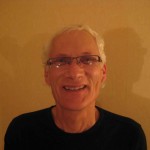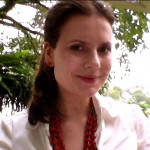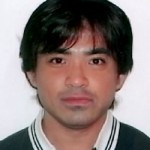Philosophy Seminar Series: 6 Oct 2011, 2-4pm, Philosophy Resource Room; Speaker: Fred Kroon, Associate Professor, University of Auckland; Moderator: Dr. Ben Blumson
Abstract:
In this paper I consider two problems for the idea (favoured by many Millians) that descriptions play a pivotal non-semantic role in what is asserted with sentences containing empty names: the specification problem, which holds that candidate descriptions often fail to have the kind of content that would allow them to fulfil this role, and the variation problem, which holds that candidate descriptions often show considerable variation even in ordinary conversational exchanges. I suggest that a theory like causal descriptivism can be used to solve the specification problem. The nature of the descriptions appealed to in such a theory, however, makes the variation problem look even more recalcitrant. For much of the rest of the paper I consider a new way of solving the variation problem, one which combines the appeal to causal descriptivism with an appeal to Pluralistic Content Relativism (PCR) — the doctrine, defended in particular by Cappellen and Lepore and Soames, that what is said or asserted by an utterance at a context of utterance depends crucially on the context of interpretation from which the utterance is interpreted.
 About the speaker: Fred Kroon teaches philosophy at the University of Auckland, mainly in the areas of formal and philosophical logic, and the theory of computability. His research areas include metaphysics, the philosophy of language (especially the theory of reference), and the philosophy of fiction. His papers in these areas have appeared in a wide range of journals, including the Australasian Journal of Philosophy, Mind, Noûs, the Philosophical Review and the Journal of Philosophy. He is an associate editor of the Australasian Journal of Philosophy, and an editor for 20th century Philosophy for the Stanford Encyclopedia of Philosophy.
About the speaker: Fred Kroon teaches philosophy at the University of Auckland, mainly in the areas of formal and philosophical logic, and the theory of computability. His research areas include metaphysics, the philosophy of language (especially the theory of reference), and the philosophy of fiction. His papers in these areas have appeared in a wide range of journals, including the Australasian Journal of Philosophy, Mind, Noûs, the Philosophical Review and the Journal of Philosophy. He is an associate editor of the Australasian Journal of Philosophy, and an editor for 20th century Philosophy for the Stanford Encyclopedia of Philosophy.





